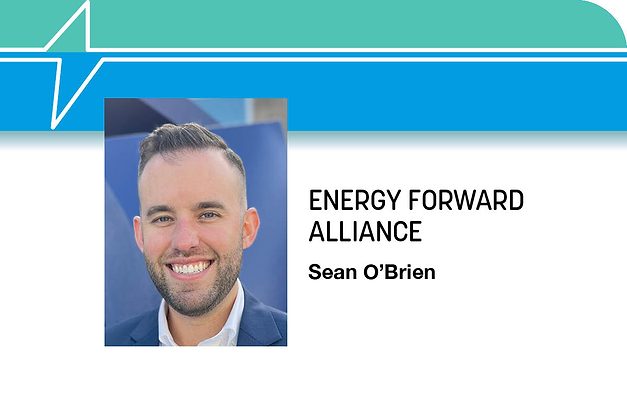Tri-Cities' Rise as a Clean Energy Powerhouse in 2024
Key Ideas
- The Tri-Cities region in the Pacific Northwest made significant strides in clean energy innovation through strategic partnerships and collaborative efforts.
- The Pacific Northwest Hydrogen Hub (PNWH2) is a key consortium focusing on establishing a hydrogen production and distribution network in the region, with projects revolutionizing industries like fertilizer production.
- Investments in advanced nuclear technologies, such as Energy Northwest's Xe-100 reactor project, reflect the region's commitment to clean energy advancement and grid reliability, with partnerships from companies like Amazon driving progress.
- Local educational institutions like Washington State University Tri-Cities and Columbia Basin College are preparing the workforce for the future through programs like the Clean Energy Learning Center and the Institute for Northwest Energy Futures (INEF).
The Tri-Cities region in the United States has emerged as a significant clean energy powerhouse in 2024, showcasing a strong commitment to innovative energy solutions. The Pacific Northwest Hydrogen Hub (PNWH2) has been a focal point, aiming to establish a hydrogen production and distribution network to deliver carbon-free energy to key sectors like transportation and manufacturing. One standout project is the Atlas Agro Pacific Green Fertilizer facility in Richland, set to drastically reduce carbon emissions in fertilizer production. Washington State University Tri-Cities is actively involved, overseeing the community benefits plan for the hub.
The region's progress in advanced nuclear energy is noteworthy, with Energy Northwest's Xe-100 reactor project receiving substantial investments and support from companies like Amazon and X-energy. This initiative aligns with the U.S.'s goal to triple nuclear energy production by 2050. Additionally, partnerships between Framatome, Terrapower, and Ultra Safe Nuclear Corp are solidifying the Tri-Cities as a global center for advanced nuclear technologies.
Efforts in clean energy education are also flourishing, with Columbia Basin College and WSU Tri-Cities leading programs to train future clean energy professionals. The announcement of the Clean Energy Learning Center and the Institute for Northwest Energy Futures (INEF) highlights the region's commitment to preparing a skilled workforce. Furthermore, projects like Hecate Energy's solar and storage initiative demonstrate the Tri-Cities' dedication to renewable energy and grid reliability. The Tri-Cities' collective advancements underscore its pivotal role in shaping a clean energy future.
Topics
Cities
Innovation
Economic Development
Partnerships
Nuclear Energy
Clean Energy Solutions
Energy Technology
Community Collaboration
Workforce Training
Latest News
